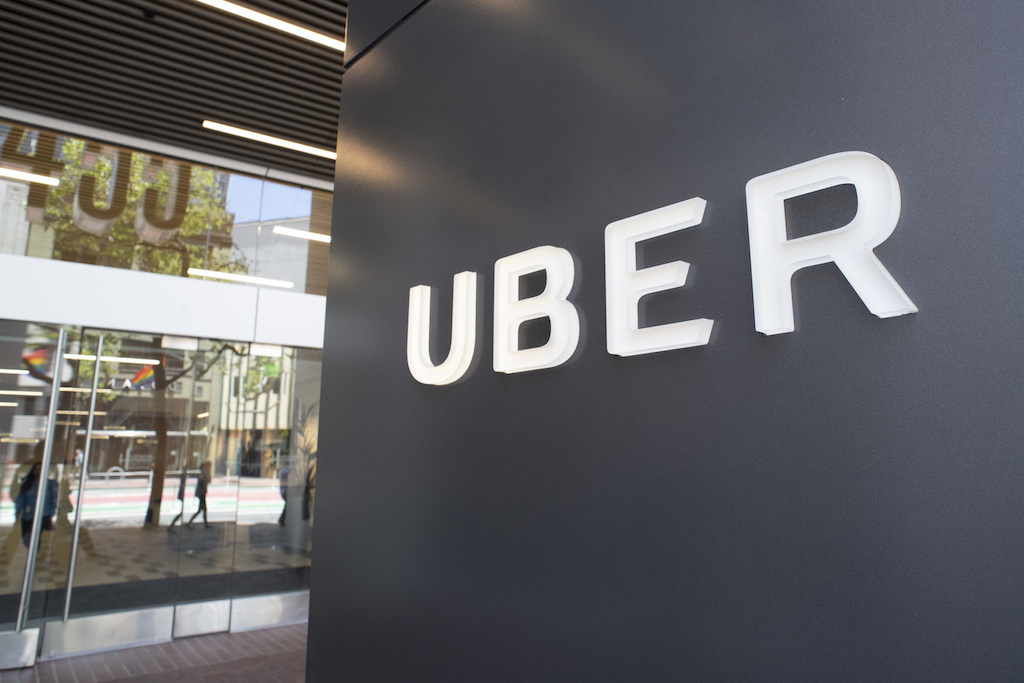

Uber is aiming for a valuation of $91.5 billion for its upcoming initial public offering. That’s way short of the $120 billion the ride-hailing company was originally thought to be aiming for, but could still make Uber one of the largest U.S. public stock listings in years.
The poor stock performance of smaller rival Lyft after its IPO in March may have been a factor in Uber’s conservative valuation, reports Reuters. The news service also noted that the $91.5 billion valuation is closer to the $76 billion Uber was valued at during its last major fundraising round in late 2018. At that time, Uber was coming off a year of scandals and had recently replaced its CEO.
Lyft completed its IPO with a valuation of $24.3 billion, equivalent to around 11 times its 2018 revenue, according to Reuters. Uber’s current valuation target equals about eight times its 2018 revenue. Uber is a much larger company than Lyft, with worldwide operations. Lyft, in contrast, only operates in the United States and Canada. The Uber IPO will rank as the largest in the U.S. since Chinese tech conglomerate Alibaba in 2014.
In a regulatory filing, Uber set a target price range of $44 to $50 per share for its IPO. The company will sell 180 million shares in the IPO, with the goal of raising up to $9 billion. It will reportedly also sell 27 million shares to existing investors for as much as $1.35 billion, Reuters reports.
The IPO targets were announced shortly after Uber confirmed a $1 billion loss for the first quarter of 2019, on revenue of roughly $3 billion. Despite the popularity of ride-hailing and a low-overhead business model that relies on freelance drivers supplying their own cars, profit has remained elusive for both Uber and rival Lyft. That’s one of the many issues likely to be raised by potential investors as Uber shops around its stock in a customary pre-IPO “roadshow.”
Uber has had fairly good luck with investors recently, scoring $1 billion for its self-driving car program from Toyota, SoftBank, and Denso, as well as a separate $500 million investment from PayPal. But Uber will have to show investors that it can eventually turn a profit, as well as continue growing its business in the face of increased competition and regulatory scrutiny.